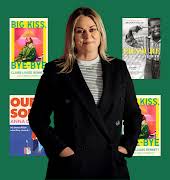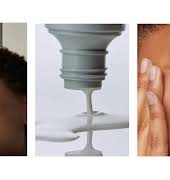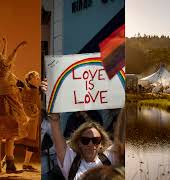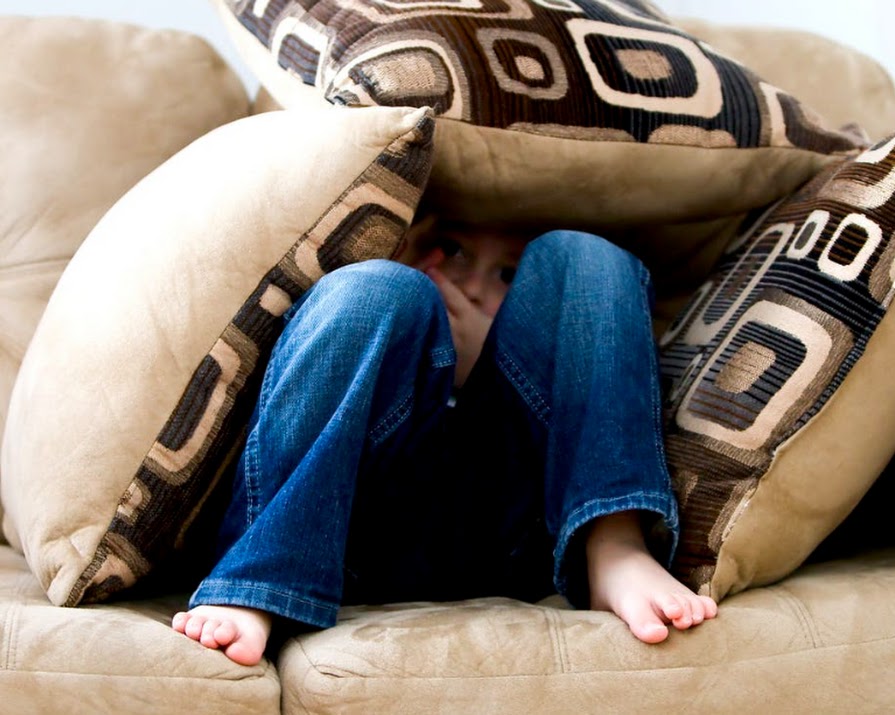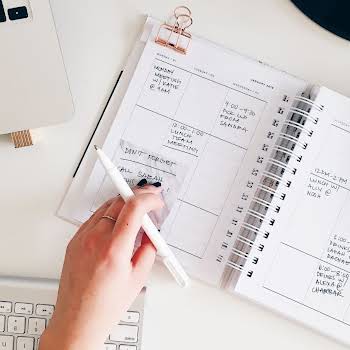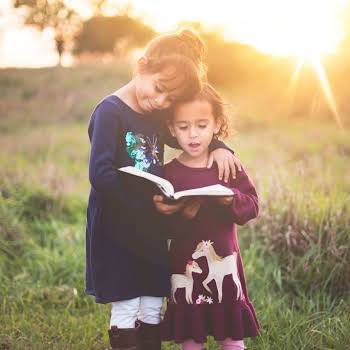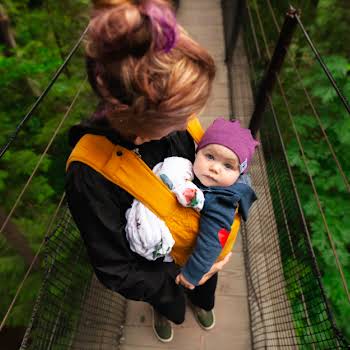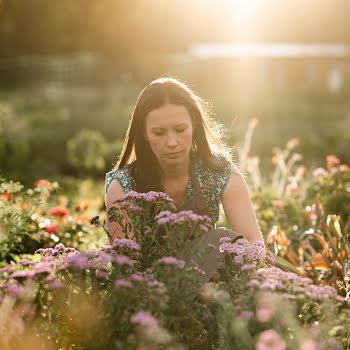
By Amanda Cassidy
29th Feb 2020
29th Feb 2020
It’s hard for us to wrap our heads around a virus we’ve never come into contact with before, so passing on the message to children can be a sensitive subject, writes Amanda Cassidy
“There’s a killer virus coming,” my son announces casually as he throws down his schoolbag after school. His four-year-old sister looks at me, petrified. But how do we tell our children what is actually going on when we are not sure ourselves?
It was a daunting enough prospect as the virus spread from China, but now, with the first case in Ireland confirmed, retaining that sense of calm is important.
The message from authorities so far has been simple: Stay informed, keep perspective and be honest.”
But is anything really that simple with children and their active imaginations?
Informed
We know that children pick up on adult emotions. We know that the temptation towards hysteria is strong (remember Brennans Bread-Gate last year during Storm Emma?) And we also know that children deserve our honesty where age-appropriate.
The danger, points out psychotherapist Joanne Fortune, is that we simply dismiss their concerns. “I think that’s crucial when children have a worry, a fear or anxiety about something, our instinct as parents is, ‘I just want to take that away’,” she told the Ray D’Arcy show recently.
“But actually, if we say, ‘Not at all, don’t be worrying!’ we teach them that we’re not able for their worry. We teach them that they shouldn’t bring that to us.”
One productive way of approaching it is to put what information they already know into context. “If we can model it in such a way that our role is to provide a context: ‘OK, so you’ve heard this’. And I think a good place to start is by asking them, ‘What have you heard? When you hear the word coronavirus, what comes to your mind? What do you understand by that?'”
That way we can fill in the gaps — for example by explaining that the majority of people will survive COVID-19.
Family therapist David Kavanagh says to make sure you are having one-on-one conversations. “When talking to children about the coronavirus try to speak to them on an individual basis as opposed to all together, their comprehension levels will differ.
“Keep your language simple and a reassuring tone of voice. Explain that that there is a new type of flu that families have to be careful about. That we need to wash our hands often and try not so sneeze or cough on each other. Then show them how best to watch their hands. Avoid alarm at all stages.”
Illustrator Malaka Gharib created a child-friendly comic strip for NPR explaining the virus to children who might have any concerns. It begins with pictures of children discussing the disease and goes on to outline some of the not-so-scary facts about it.

The wording explains how the coronavirus is a newly discovered virus that causes a diseased called COVID – 19. “In some parts of the world it has made a lot of people sick. A lot of the symptoms are similar to the flu (which you might have had before!).”
The comic continues. “Most people who have gotten sick with this coronavirus have had a mild case. And there are not a lot of cases in kids. If kids do get the virus it tends to be very mild.
People who are much older or who already have health problems are more likely to get sicker with it. If anyone gets sick and feels like that might have coronavirus, they can immediately call their doctors and get help.”
The pared-back cartoon feature ends by explaining to children that they can always come to you with more questions.

“If there is anything you might be confused or worried about, don’t be afraid to ask someone you trust. Keep your hands washed, sneeze into your elbow or tissue and wash extra well after using the bathroom.”
The main thing is to be informed yourself, without being anxious. Keep things in perspective and to follow the guidelines from the HSE.
Read more: Coronavirus NI: What we already know







